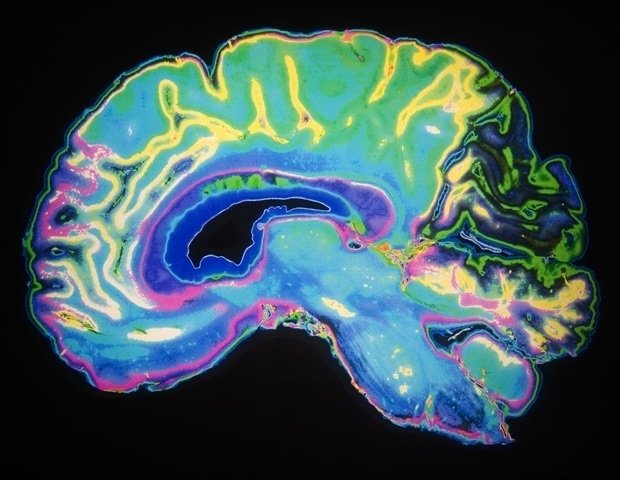According to a study published in the September 25, 2024 online edition of the American Academy of Neurology’s medical journal Neurology®, LGBTQ+ people may be more likely to suffer adverse brain health effects, such as a higher risk of dementia and depression in later life, than cisgender, straight people. These results do not prove that sexual and gender diversity causes neurological disorders, but only show an association.
LGBTQ+ refers to lesbian, gay, bisexual, transgender, non-binary people, and other people who are sexually or gender diverse. Sexual diverse refers to people whose sexual orientation differs from straight, such as lesbian, gay, and bisexual people. Gender diverse refers to people whose gender identity does not match the sex they were assigned at birth, including transgender and non-binary people. Cisgender refers to people whose gender identity matches the sex they were assigned at birth.
“In a world where the important role that equitable health care plays is increasingly recognized, it remains concerning that so little is known about the health disparities faced by LGBTQ+ people,” said Shujuan Huo, MD, of Yale University School of Medicine in New Haven, Conn. “In our study, we investigated this group, which has historically been underrepresented in neurology research, and found that they are at increased risk for adverse brain health outcomes.”
For the study, researchers evaluated data from 393,041 people with an average age of 51. Of the total group, 353,409 were cisgender and heterosexual, and 39,632 were LGBTQ+ people.
The researchers evaluated electronic health records and self-reported data to identify composite scores for neurological conditions, including dementia, late-life depression, and stroke, and then assessed each condition separately, looking at all subgroups of LGBTQ+ participants.
A total of 21,091 people suffered from neurological diseases, of which 11,553 had geriatric depression, 6,605 had stroke, and 2,933 had dementia.
After controlling for factors that may affect risk for these three neurological disorders, such as age, smoking, and high blood pressure, the researchers found that LGBTQ+ people were 15% more likely to suffer negative brain health effects from these conditions compared to people who identified as cisgender and straight.
The researchers also found that LGBTQ+ people had a 14% and 27% higher risk of dementia and late-life depression, respectively, than cisgender and heterosexual people.
“Our findings highlight the need for further research focusing on health care disparities that affect the LGBTQ+ community,” Huo said. “These disparities may be due to discrimination, stress, access to care, and policy and legal factors.”
When looking at strokes, the researchers found that transgender women were at increased risk only: They were 68% more likely to suffer a stroke than cisgender people.
A limitation of this study is that it does not examine the causes and mechanisms of the inequalities faced by LGBTQ+ people. For example, the study did not consider gender-affirming hormone therapy for transgender people, which may influence transgender women’s increased stroke risk.
This research was supported by the German Research Foundation.
sauce:
American Academy of Neurology

